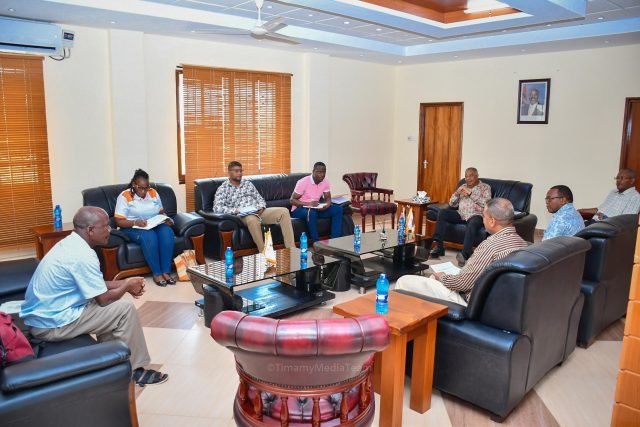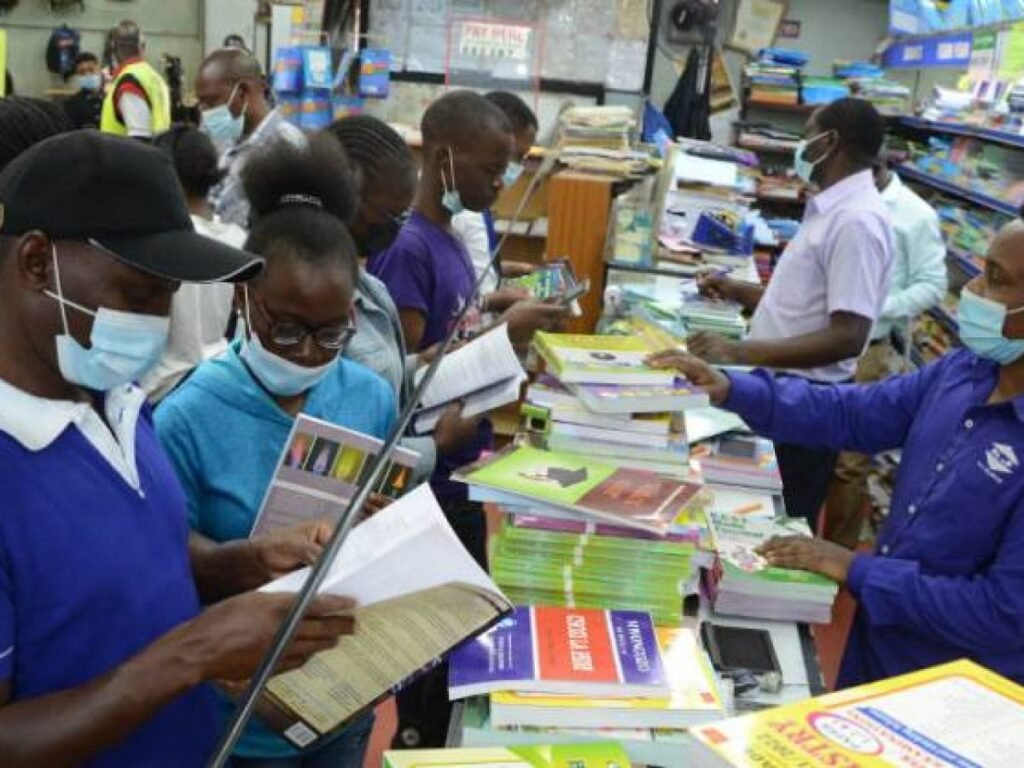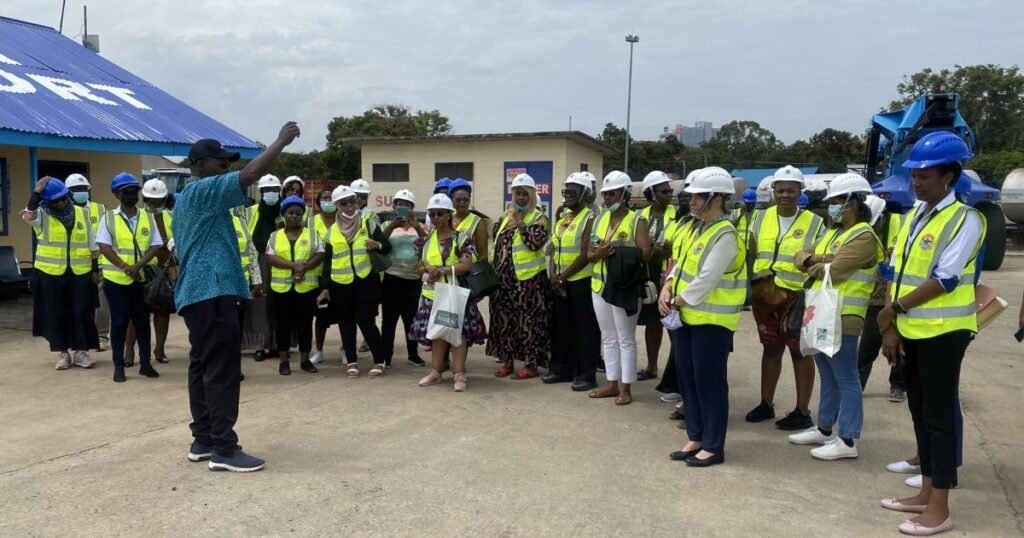General News
Kenya Maritime Authority Launches Three-Day Training for Lamu Seafarers to Boost Maritime Safety

In a significant move, the Kenya Maritime Authority has embarked on a three-day training program for seafarers in Lamu, responding to a directive from the highest office in the country aimed at bolstering maritime safety.
The initiative seeks to provide essential skills to seafarers, enhancing their ability to navigate waters safely and respond effectively to emergencies, ultimately reducing the occurrence of sea accidents.
Captain Peter Munga, the Education Director of Kenya Maritime Authority, emphasized the program’s importance, stating that it aims to enhance the capabilities of seafarers in ensuring maritime safety.
The directive underscores the government’s dedication to strengthening maritime safety measures and minimizing risks associated with seafaring.
Governor Issa Timammy of Lamu County expressed his support for the initiative, considering it a positive step towards securing the livelihoods of seafarers in the region.
He highlighted the significance of such training programs in ensuring the safety of Lamu County coxswains, particularly during crackdowns and inspections.
The comprehensive training program covers a range of topics, including emergency response procedures, navigation techniques, and adherence to maritime regulations.
Industry experts and seasoned maritime professionals will lead the sessions, providing practical insights and real-world scenarios to enhance participants’ understanding of maritime safety.
This initiative reflects a collaborative effort between government bodies, maritime authorities, and local leaders to prioritize the safety of seafarers and reduce the risks associated with maritime activities.
General News
IMF Criticizes Kenya’s Fuel Subsidy Re-Introduction, Warns of Budget Distortion

The International Monetary Fund (IMF) has criticized Kenya for re-implementing the fuel subsidy scheme, expressing concerns that the lack of funds to pay oil marketers could distort the budget.
Despite a previous commitment by President William Ruto in 2022 not to subsidize pump prices, the government reintroduced the subsidy, preventing petrol and diesel prices from reaching higher levels in October 2023.
The IMF argues that the subsidy was applied without available funds, as the Treasury has yet to pay oil marketers at least Ksh9 billion ($55.6 million) accumulated from the previous year. President Ruto’s decision to reinstate subsidies goes against conditions set by the IMF for accessing loans.
Petrol and diesel prices, which were Ksh217.36 ($1.34) and Ksh205.47 ($1.27) respectively in Nairobi in October 2023, remained lower than the potential Ksh220.43 ($1.36) and Ksh217.11 ($1.34) due to the subsidy. However, the IMF disapproves of the decision, emphasizing that the removal of the subsidy was a key condition for a 38-month budget support scheme.
The IMF criticizes the prolonged process of forming a taskforce and delays in implementing decisions regarding fuel pricing.
The removal of the subsidy in May of the previous year led to record-high pump prices, crossing the Ksh200-mark later in the year due to a combination of subsidy removal and a VAT increase to 16 percent.
Kenya’s administration, faced with rising fuel costs, chose to reinstate the subsidy, prompting the IMF to raise alarms over the lack of budgeted funds and potential distortions in the country’s financial plans.
The ongoing disagreement highlights the challenges and consequences associated with balancing domestic economic policies and meeting international financial commitments
General News
Parents in Meru County Turn to Second-Hand Books Amid Economic Hardships

As the back-to-school rush season unfolds in Meru County, a growing number of parents are making a strategic choice to purchase second-hand books for their children.
This decision stems from the challenging economic conditions that have prompted families to seek ways to cut costs.
Among these parents is Ms. Prisca Gakii, who revealed that opting for second-hand books allows her to save money, which can then be allocated towards essential expenses like school fees.
She highlighted a practical advantage for Form-One students, emphasizing that using older books can protect them from potential theft, as new books often become targets for less scrupulous classmates.

Ms. Gakii pointed out a notable price difference, citing an example of a new Oxford dictionary priced at almost Sh1,900, compared to a used one available for Sh1400.
She justified her preference for the older but more affordable option, emphasizing that they contain the same content.
Janet Wamuyu, a second-hand books trader, shed light on the lucrative nature of their business during the opening of the first term, which coincides with the peak season.
As learners transition to new grades or classes, there is a heightened demand for various books, including dictionaries, Kamusi, and Golden Bells.

Wamuyu explained that this period, especially when Form-One students are joining school, facilitates easy acquisition of books for new stock.
The trading process involves exchanging books for the next grade or class at a lower rate, providing an economical alternative for parents instead of purchasing an entirely new set of books.
She further noted that their source of new stock comes from parents whose children have completed their studies and no longer require the books.
Despite the success during the peak season, Wamuyu acknowledged the challenges faced during other times of the year when only a few revision books are in demand, highlighting the cyclical nature of the business in Meru County.













